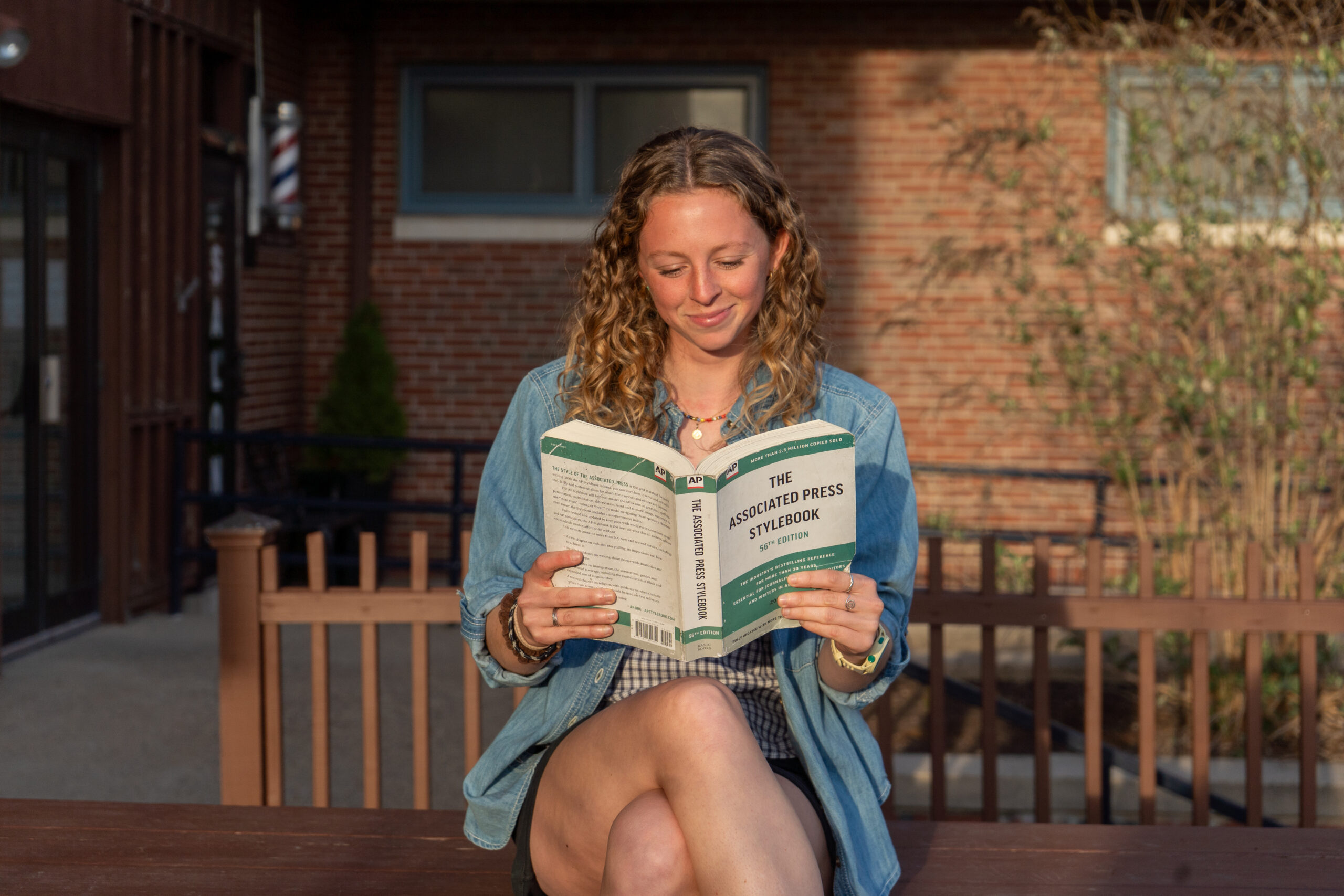Trigger warning: suicide.
September is Suicide Prevention Month, and as it comes to a close, I’d like to say a few things about how we as a society go about the idea of “suicide prevention.”
Obviously, suicide prevention is incredibly important. When you’re suicidal, you don’t see any other way out. Dying is the only escape to your problems. When you’re caught in the depths of suicidal thoughts, you don’t see any future for yourself, and it is often only through external help that you survive it.
Much of the suicide prevention content I see revolves around providing information for crisis phone or text lines (1-800-273-8255 is the National Suicide Prevention Lifeline, or you can text HOME to 741741 for the Crisis Text Line or if you’re in Rhode Island you can call BH Link at 401-414-5465), or providing self-care tips like paced breathing, meditation, healthy distractions or reaching out to a friend. That, or providing lists of therapists and psychiatrists who are nearby.
In many situations, these will be enough to take someone off the edge, and I don’t want to minimize the importance and power of these things. But as important and useful as those can be, suicide prevention cannot stop at providing hotlines and sharing self-soothing tips.
Suicide prevention also has to include providing safe and stable housing. It has to include making sure that people are fed and connected with their communities and aren’t living in poverty. According to the National Health Care for the Homeless Council, unemployment, domestic or sexual abuse and isolation/loneliness are risk factors for suicide along with mental illness and drug abuse.
Most importantly, suicide prevention has to include health care. It is impossible to work towards suicide prevention if people do not have access to health care — mental and physical.
Suicide prevention is a public policy issue. When politicians take up things like housing policy, Medicare for all and minimum wage, they are taking up suicide prevention. While these things will not eliminate suicide entirely, I suspect that the gargantuan task of “suicide prevention” will become much easier.
Personally, I can say with 100 percent certainty that crisis phone lines and self-care tips were not enough for me. Suicide prevention for me was taking time out of school and work to spend time at an outpatient partial hospital program (on multiple occasions) where I was able to process my struggles, learn the skills I needed to cope with them and receive the correct medication and diagnoses. I’m incredibly privileged to have been able to do that, which shouldn’t be the case. Every person who’s suicidal should have access to these things. What we have in place for suicide prevention right now is simply not enough.



